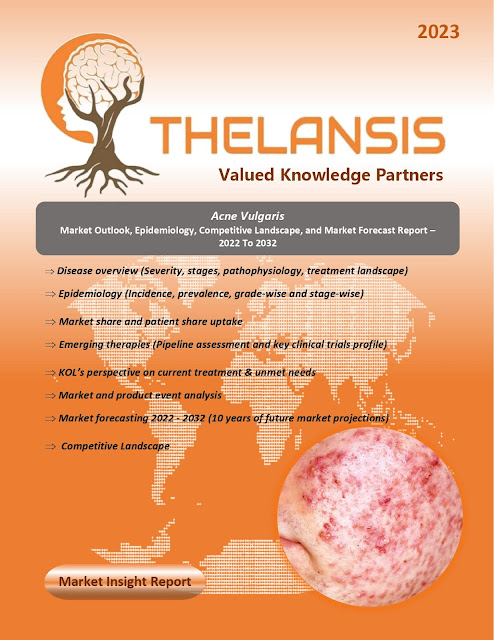Recurrent Clostridioides Difficile Infection (rCDI) – Market Outlook, Epidemiology, Competitive Landscape, and Market Forecast Report – 2023 To 2033
Recurrent Clostridioides difficile infection (rCDI) is a common complication of Clostridioides difficile infection (CDI). It occurs when a patient has two or more episodes of CDI within 8 weeks of completing treatment for the first episode. rCDI can be difficult to treat and is associated with increased morbidity, mortality, and healthcare costs. The exact cause of rCDI is not fully understood, but it is thought to be due to several factors, including:
- Ineffective antibiotic treatment: Antibiotics can kill good gut bacteria, allowing C. difficile to grow and cause infection.
- Persistent C. difficile spores: C. difficile can form spores resistant to antibiotics. These spores can survive in the gut and cause infection even after antibiotic treatment.
- Immunocompromised state: People with a weakened immune system are more likely to develop rCDI.
- Other medical conditions: People with certain medical conditions, such as inflammatory bowel disease (IBD) or cancer, are also more likely to develop rCDI.
The treatment for rCDI depends on the severity of the infection. For mild to moderate cases, treatment may involve repeating a course of antibiotics, such as metronidazole or vancomycin. For severe cases, treatment may involve fecal microbiota transplantation (FMT), which is a procedure that involves transplanting healthy bacteria from a healthy donor into the patient's gut.
- The elderly population has a higher incidence of CDI than the younger population, with ∼500 cases per 100,000 persons in patients aged ≥ 65 years, compared to ∼90 cases per 100,000 persons among all adults in the United States.
Thelansis’s “Recurrent Clostridioides Difficile Infection (rCDI) Market Outlook, Epidemiology, Competitive Landscape, and Market Forecast Report – 2023 To 2033" covers disease overview, epidemiology, drug utilization, prescription share analysis, competitive landscape, clinical practice, regulatory landscape, patient share, market uptake, market forecast, and key market insights under the potential Recurrent Clostridioides Difficile Infection (rCDI) treatment modalities options for eight major markets (USA, Germany, France, Italy, Spain, UK, Japan, and China).
KOLs insights of Recurrent Clostridioides Difficile Infection (rCDI) across 8 MM market from the centre of Excellence/ Public/ Private hospitals participated in the study. Insights around current treatment landscape, epidemiology, clinical characteristics, future treatment paradigm, and Unmet needs.
Recurrent Clostridioides Difficile Infection (rCDI) Market Forecast Patient Based Forecast Model (MS. Excel Based Automated Dashboard), which Data Inputs with sourcing, Market Event, and Product Event, Country specific Forecast Model, Market uptake and patient share uptake, Attribute Analysis, Analog Analysis, Disease burden, and pricing scenario, Summary, and Insights.
Thelansis Competitive Intelligence (CI) practice has been established based on a deep understanding of the pharma/biotech business environment to provide an optimized support system to all levels of the decision-making process. It enables business leaders in forward-thinking and proactive decision-making. Thelansis supports scientific and commercial teams in seamless CI support by creating an AI/ ML-based technology-driven platform that manages the data flow from primary and secondary sources.
_page-0001.jpg)



Comments
Post a Comment